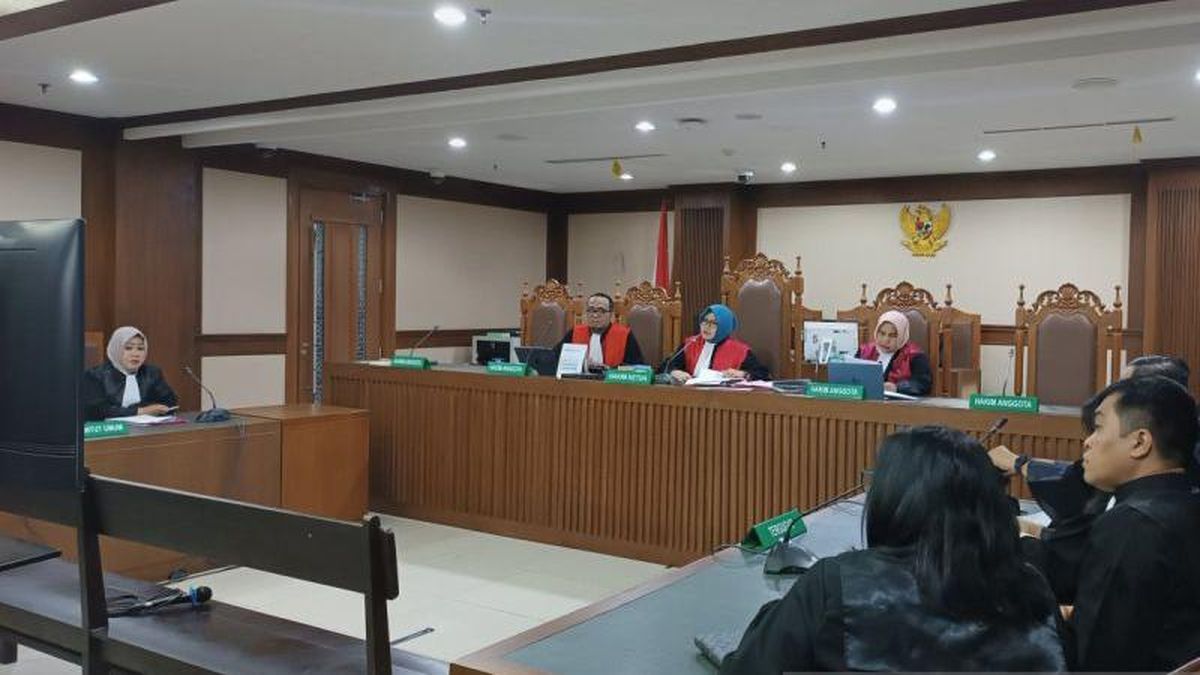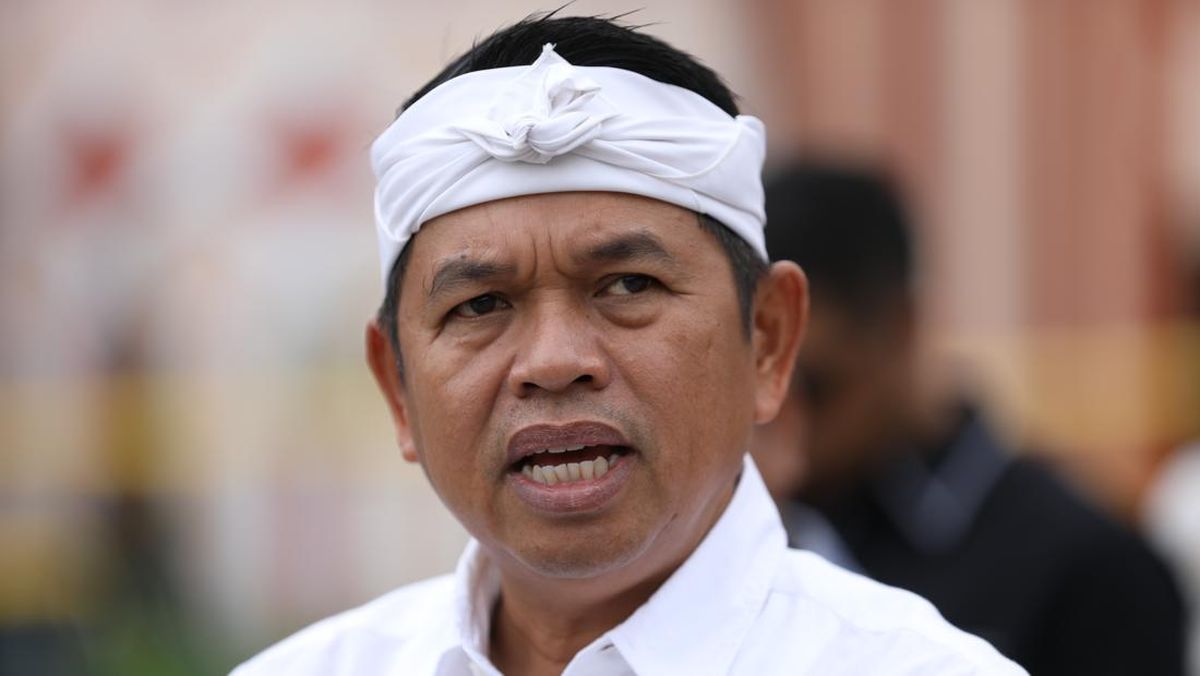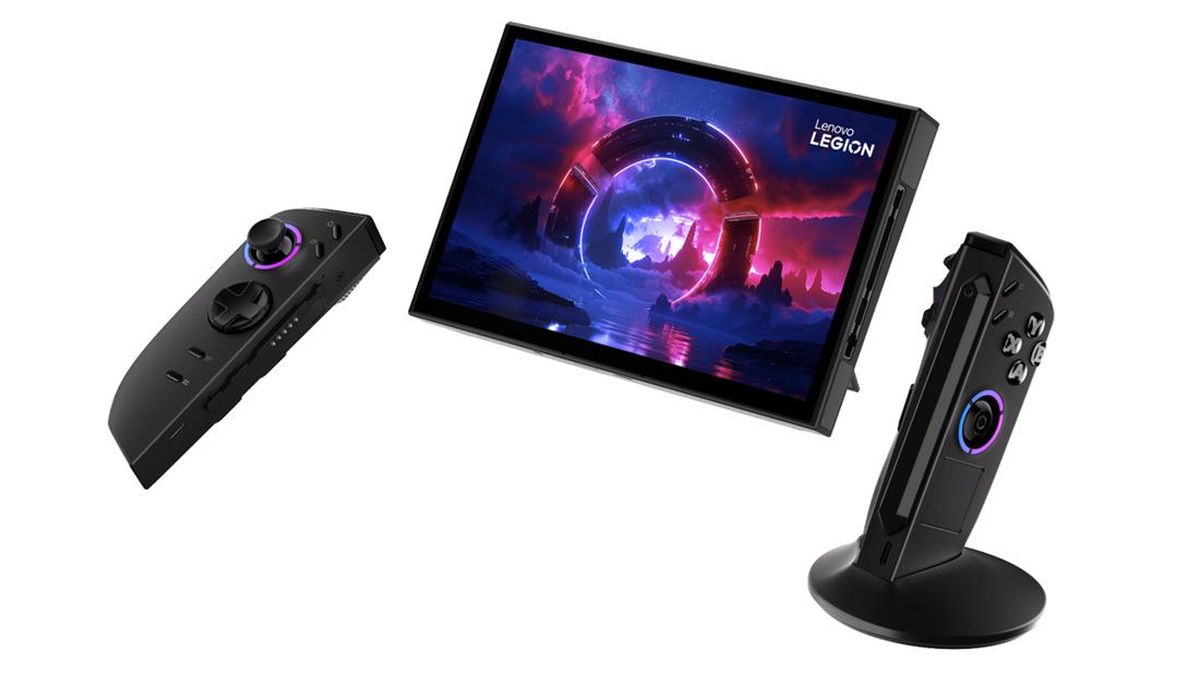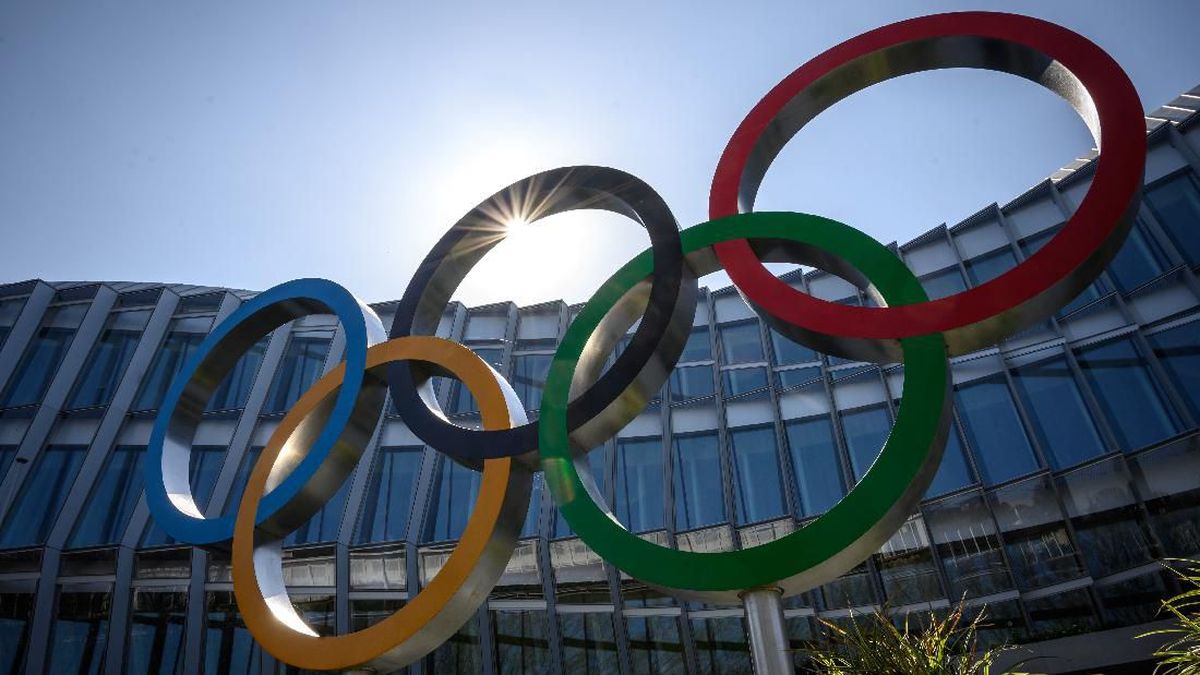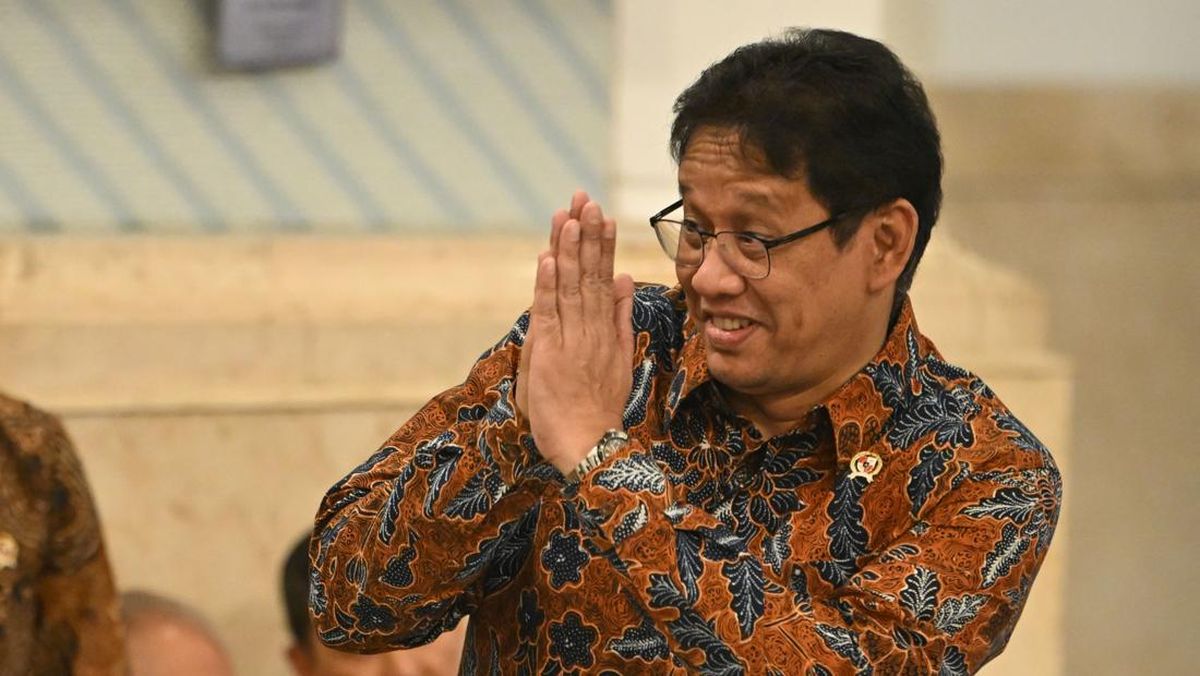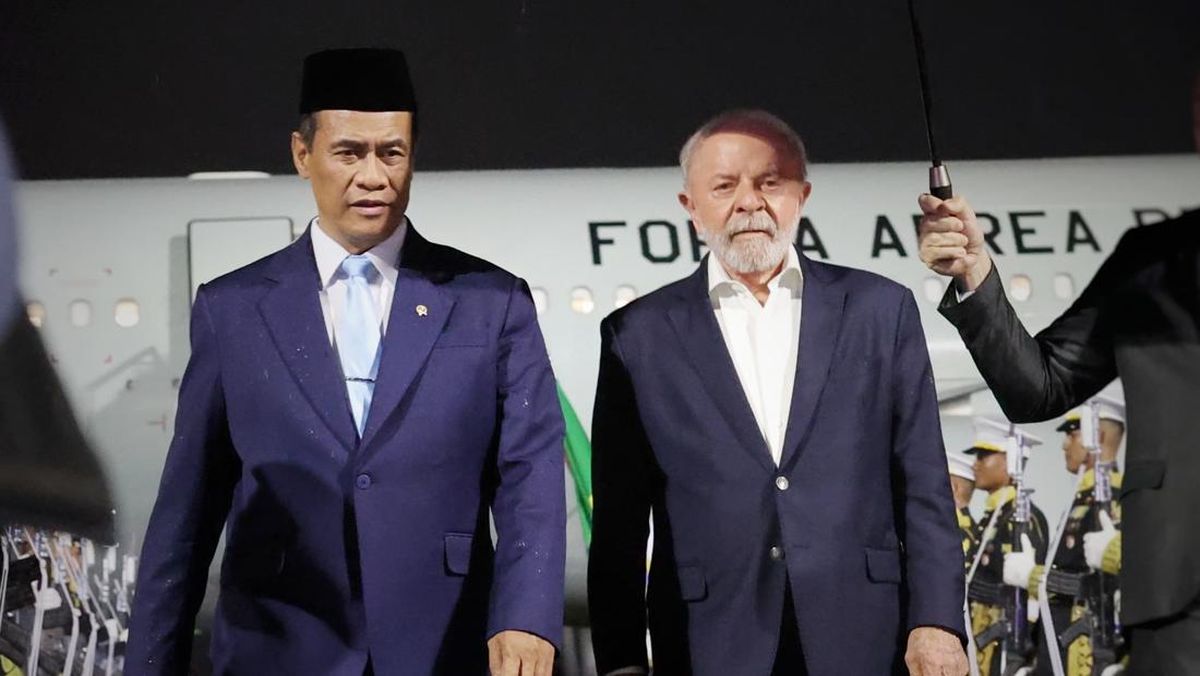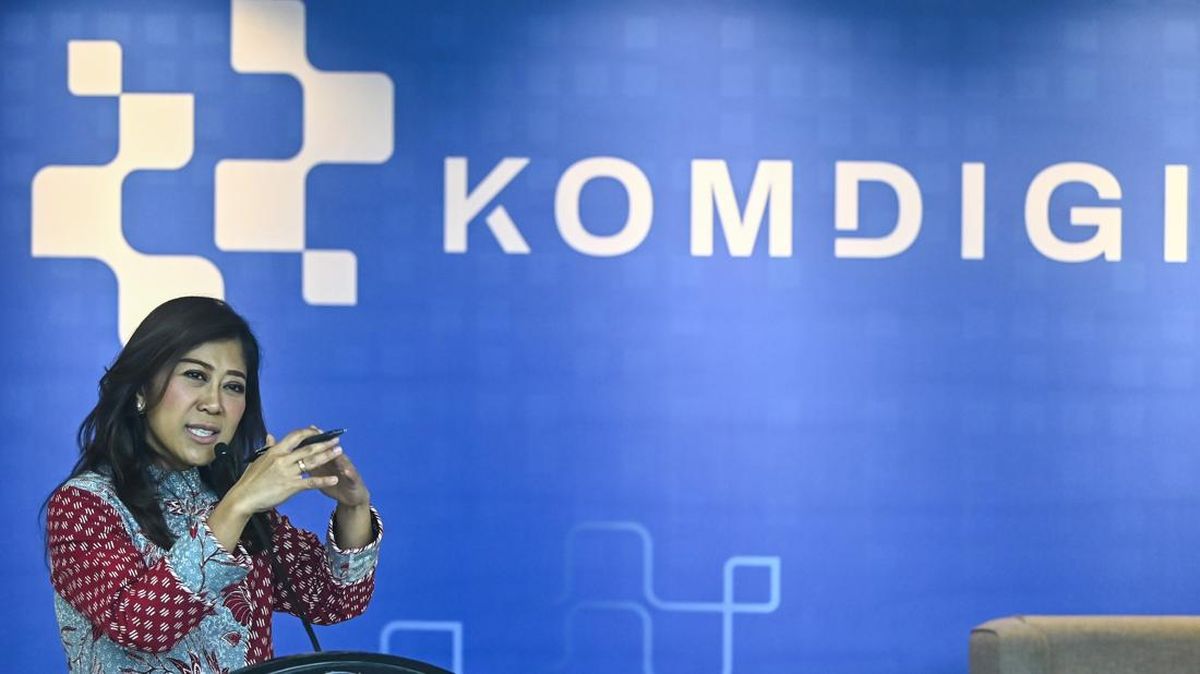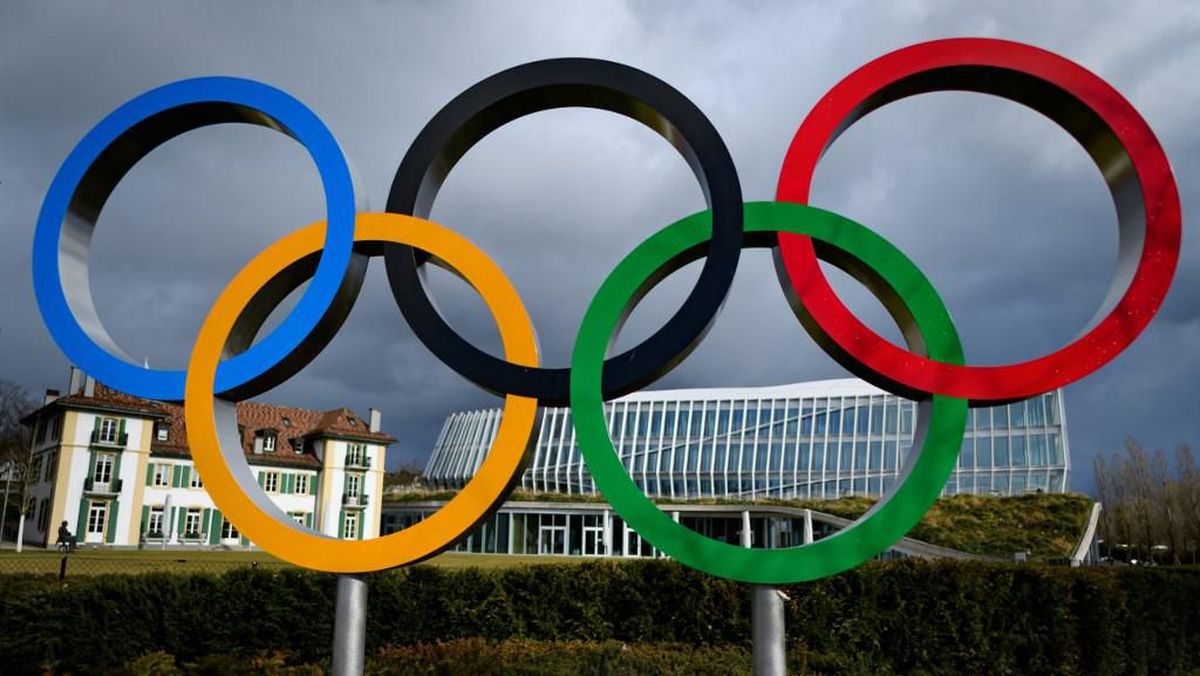Opinion
October 23, 2025 — 11.59am
October 23, 2025 — 11.59am
The European and US auto industries are bracing themselves for a disruption to the supply chains of the low-value semiconductors vital to modern cars, a threat similar to the chip shortages that caused chaos for the sector and led to long lead times for deliveries during the pandemic.
Their predicament relates to the seizure of control of a small Dutch semiconductor manufacturer by the Dutch government earlier this month, which has frozen supply of the myriad microchips used in electronic systems in cars that control everything from lights, airbags, locks and windows.

The output of companies like BMW, Mercedes-Benz, Stellantis, Toyota and Volkswagen are all under threat.Credit: AP
Carmakers are now scrambling to find alternate suppliers after the Dutch government gained court approval to take control of Nexperia, the Dutch subsidiary of a Chinese company, Wingtech. Wingtech acquired Nexperia in 2019 from a group of Chinese investors who had bought it in 2017.
Last year the US put Wingtech on its trade black-list, claiming it was helping China to circumvent US restrictions on China’s access to advanced semiconductor manufacturing technology.
That prompted the Dutch government to urge Nexperia, whose chief executive, Zhang Xuezheng is the founder and major shareholder in its parent, to take steps to create operational independence from the Chinese company. Zhang resisted, arguing that ringfencing his Dutch subsidiary would be too restrictive of its shareholder’s rights.
Loading
Then, on September 29, the US extended its blacklist to include the subsidiaries of companies on the list, which brought Nexperia into its net.
It was that expansion of the blacklist that prompted China to tighten restrictions on exports of rare earths and products that include them this month, causing trade tensions with the US to flare again, with the European Union (and the rest of the world) caught up in the conflict because China wanted to prevent trans-shipment of rare earths and rare earth magnets.
At face value it would appear that the US has strong-armed the Dutch into taking control of Nexperia – it had told the Dutch that Zhang would need to be removed as CEO for Nexperia to qualify for an exemption from the list – but the Dutch government argued in court that Zhang was mismanaging the company, had conflicts of interest and there was evidence that Zhang was acting to shift Nexperia’s production capacity, financial resources and intellectual property to China.
Western executives at Nexperia said he had insisted the company order $US200 million ($308 million) of silicon wafers from a company in China that he controls even though the company only needed about $US70 million of them. That could be a mechanism for stripping cash from the Dutch entity, effectively gutting it.
Not surprisingly, China hasn’t responded well to the Dutch actions, even though Wingtech retains the economic benefits of its ownership of a company now governed by the Dutch.

Donald Trump’s trade war with China is having far-reaching consequences.Credit: AP
While Nexperia manufacturers its chips in the Netherlands, about 80 per cent of them are sent to China for testing and packaging. China has ordered Wingtech to suspend its exports and protect its assets, including those Nexperia chips being processed in China.
After Zhang established a wafer factory in Shanghai in 2020, Nexperia, which previously sourced components from European and Taiwanese companies, has also become increasingly dependent on that factory.
While Nexperia is a minnow in the vast auto components sector, it has a market share of about 40 per cent in transistors and diodes and in the complex and sensitive industry supply chains, disruption to even the most basic of components threatens production. The output of companies like BMW, Mercedes-Benz, Stellantis, Toyota and Volkswagen are all under threat.
Loading
Chinese and Dutch government officials have held discussions over the seizure, but the Dutch, and the Europe Union more broadly, are caught within the crossfire of US and China’s trade restrictions.
Thar conflict could escalate further, with the US now threatening to cut off China’s access to all critical software, including the programs used to design circuits for chips. That would threaten China’s smartphone, vehicle and artificial intelligence sectors, among others.
The threat is a response to China’s implicit threat to deny America access to rare earths and rare earths magnets, where China’s dominance has created its most potent trade weapon. Software, where US and European companies (US companies in particular) dominate, is China’s Achilles heel.
In the imminent meeting between Donald Trump and Xi Jinping, if it goes ahead, rare earths will be at the top of the list of American demands, while the blacklist and semiconductors will be China’s priority.
The dramatic action taken by the Dutch isn’t the first time a western government has moved against Chinese ownership of a sensitive technology business and probably won’t be the last.
Last year the UK government forced Nexperia to sell Britain’s largest semiconductor manufacturing facility to a US company because of national security concerns. Nexperia had acquired Newport Wafer Fab in 2021.

The head office of Chinese-owned chipmaker Nexperia in Nijmegen, Netherlands.Credit: AP
The Dutch have their own previous experience. Again under pressure from the US, several years ago, as the trade tensions intensified, they cut off China’s access to the most advanced photolithography machines produced by the Dutch company, AMSL, whose machines are used by other companies to mass produce microchips.
ASML is the world’s only producer of the extreme ultraviolet (EUV) lithography machines used in making the most advanced chips.
Loading
In Australia, of course, the Albanese government is considering how to regain local control of the Port of Darwin, owned by China’s Landbridge. It is also going to have to confront the extent to which, having just signed a deal that envisages significant joint investment with the US in rare earths, it allows Chinese investment in the sector.
The Nexperia saga exposes the way the trade confrontation between the US and China is spilling over into other economies and forcing governments and companies to make impossible decisions, caught between the competing demands of the world’s two superpower.
It also highlights the vulnerabilities caused by the sudden about-face from a world that was, before the pandemic and Trump’s second coming, built on increasing globalisation and increasingly global and complex supply chains.
The pandemic caused companies and government to focus more intently on the security of the supply of critical products. Trump’s trade war on the rest of the world has provided a different incentive, and even greater urgency, to the need to re-think those very exposed supply chains – or find a way tend to the trade conflict.
The Business Briefing newsletter delivers major stories, exclusive coverage and expert opinion. Sign up to get it every weekday morning.
Most Viewed in Technology
Loading

